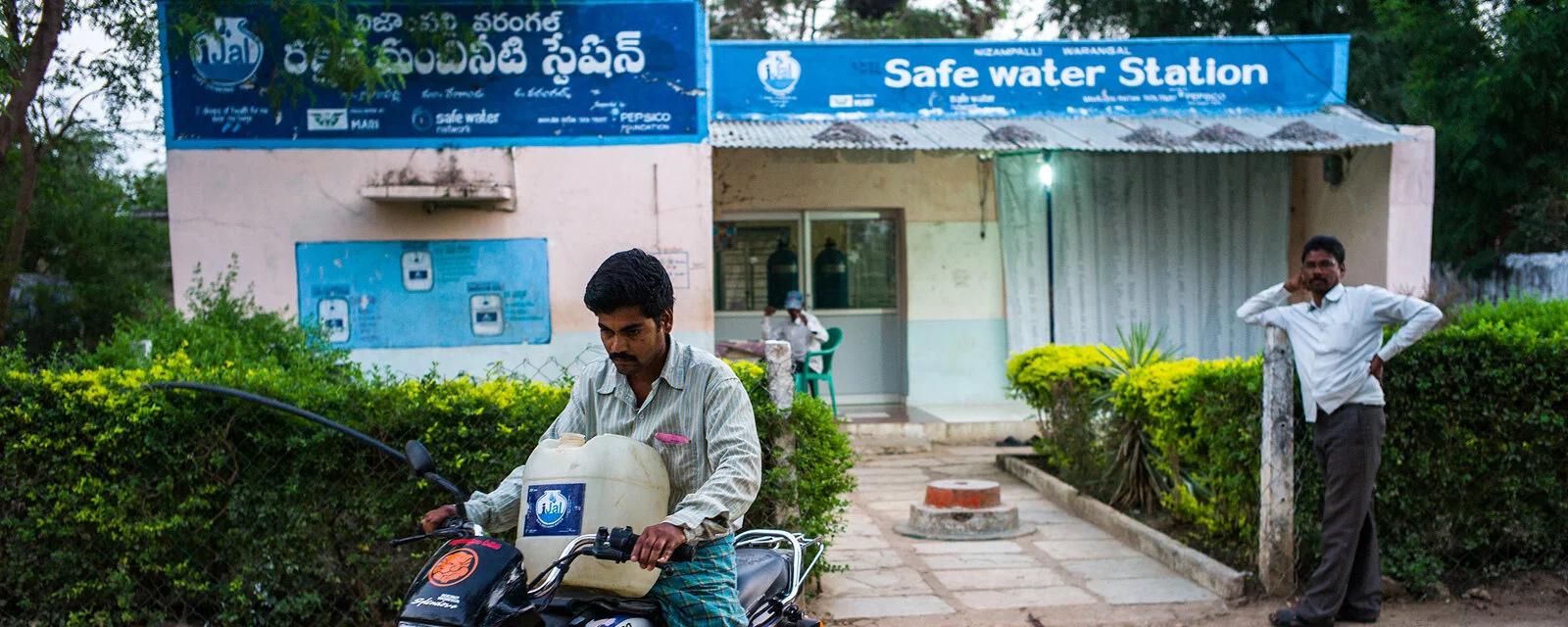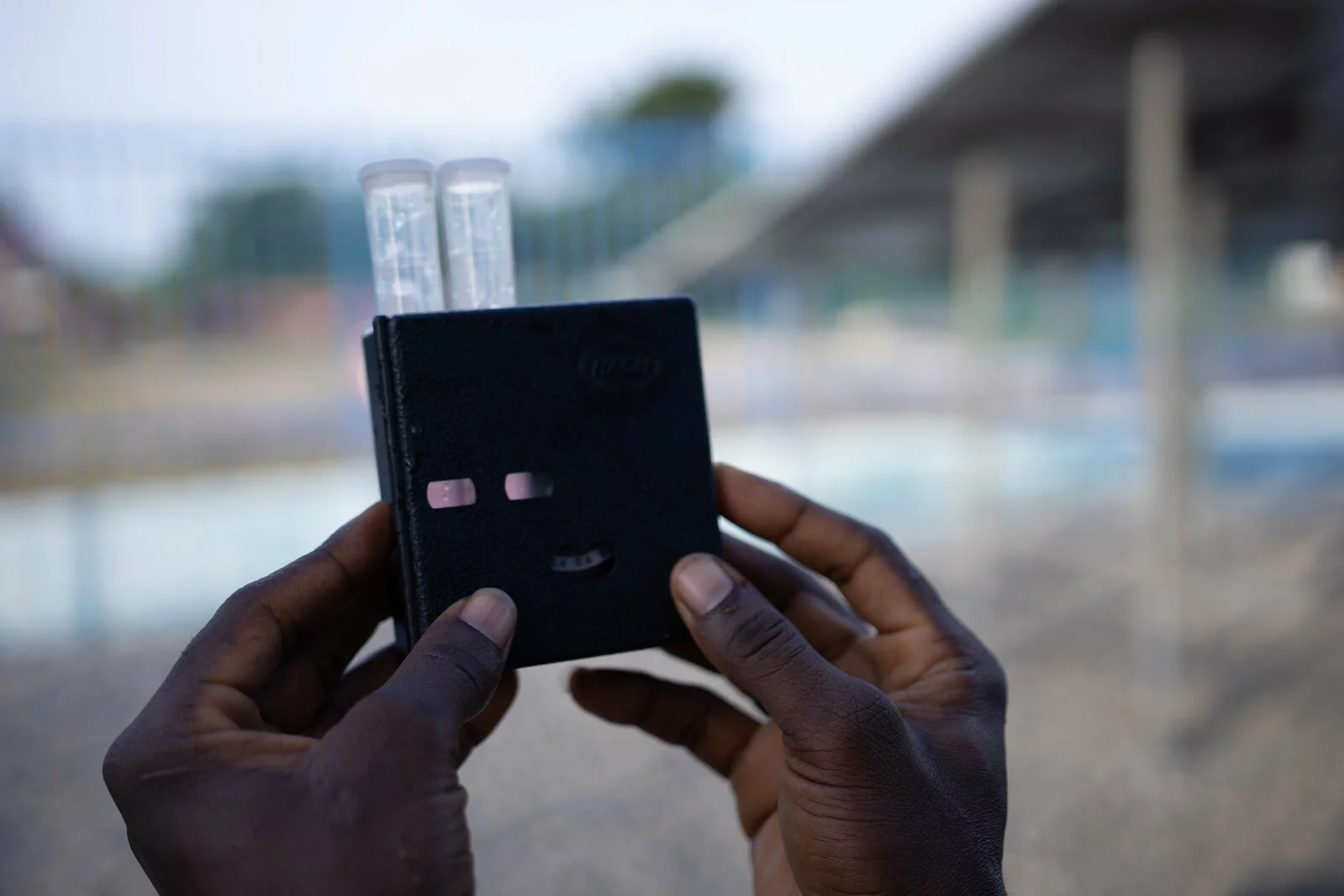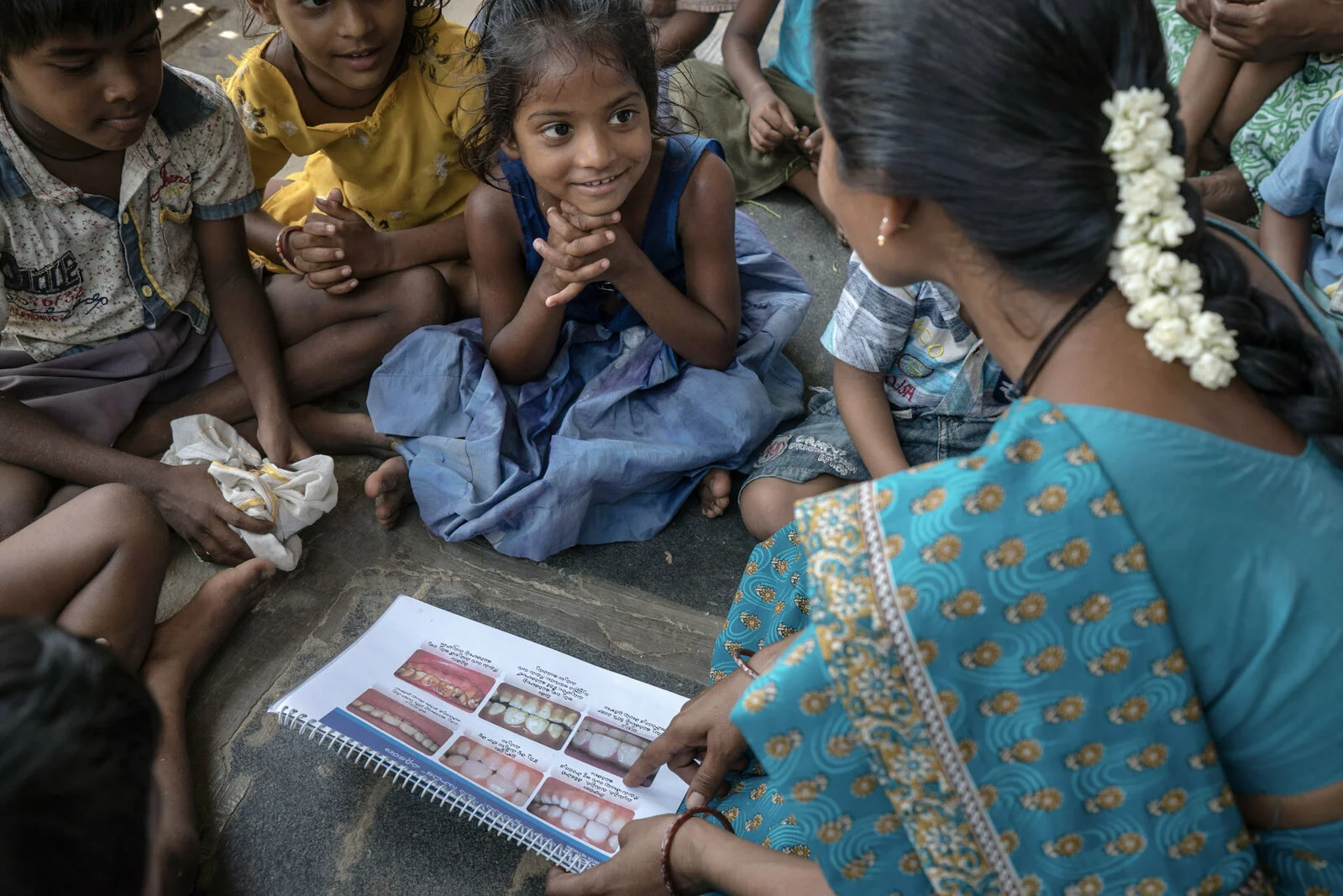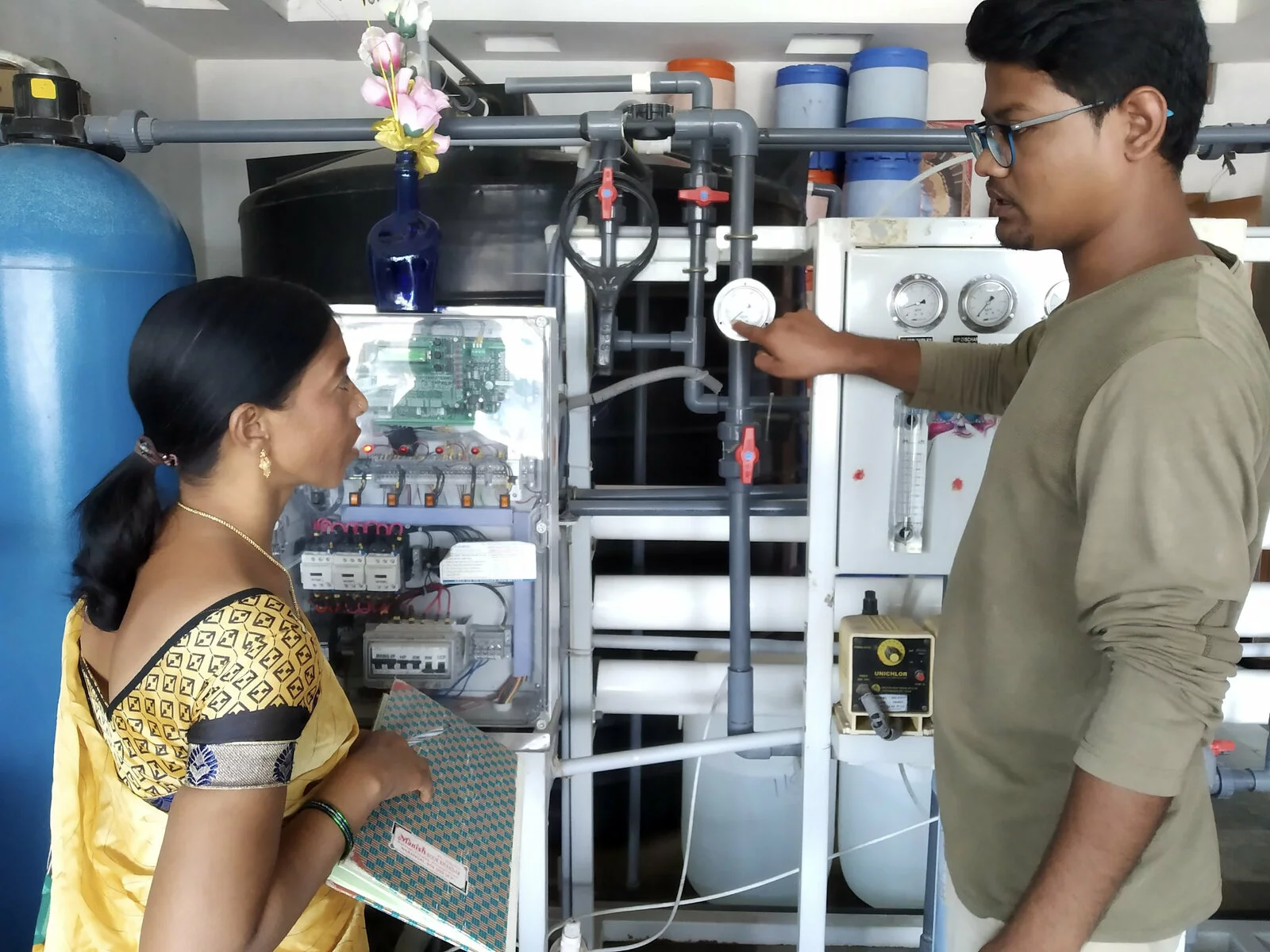Health Impact Assessment of iJal Stations in Telangana, 2024
By: MSD Fellows
MSD Fellows issued a Health Impact Assessment of our iJal Stations in Telangana last week. The study highlighted the importance of safe water access, such as iJal water stations, in combating waterborne diseases and improving health and socioeconomic well-being of communities.

Results: The study demonstrates that iJal users reported notable fewer incidences of illness among family members compared to non-users, 78% of the users reported no illness compared to 40% among the controls last 2 weeks. Moreover, better hygiene habits were observed among iJal users, contributing to improved health outcomes. Additionally, iJal users experienced fewer days off work (64% users vs 49% controls reported 0 days off work due to illness) and (35%% users vs. 45% controls reported 0 day out of school) last 2 weeks. Families with iJal water reported meaningfully fewer hospitalizations (97% vs. 60% had 0 days at hospital) last 2 weeks, resulting in better economic outcomes for families with access to iJal water. The results for last 6 months reinforce these outcomes. The KOLs confirmed the improved health of the households. In iJal villages, the health impact was associated with the water quality.
Conclusion: this study highlights the importance of safe water access, such as iJal water stations, in combating waterborne diseases and improving the health and socioeconomic well-being of communities. It emphasizes the need for sustainable, affordable, and community-driven interventions to ensure safe water access and improve public health in India.



